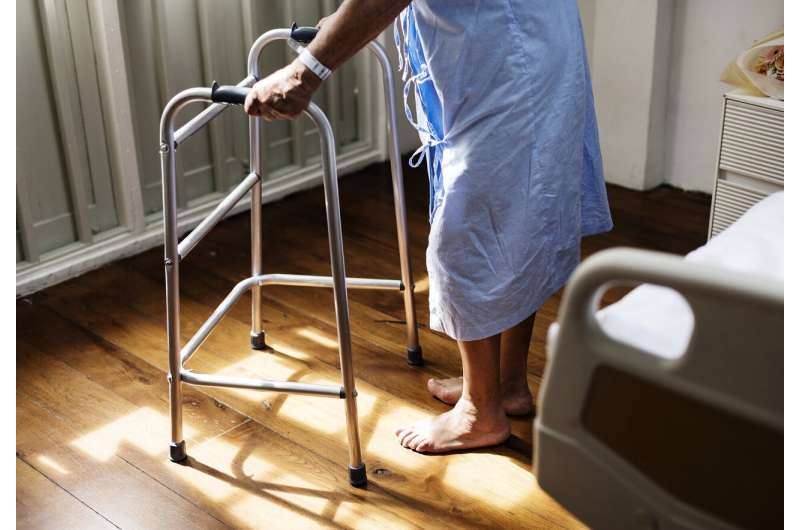This article has been reviewed according to Science X's editorial process and policies. Editors have highlighted the following attributes while ensuring the content's credibility:
fact-checked
trusted source
proofread
Study of heart attack patients finds definitive benefit of cardiac rehab

The benefits of doing cardiac rehabilitation after a heart attack might seem obvious, but studies have provided surprisingly underwhelming findings.
Now an analysis from Duke Health offers definitive evidence for heart attack patients or those who have had procedures to clear blockages: Cardiac rehab saves lives and keeps people out of the hospital—no matter their age, sex, education level, income level or race.
Publishing in the Journal of Cardiopulmonary Rehabilitation and Prevention, the researchers showed that fewer than 10% of patients with cardiovascular disease who have the ability, participate in cardiac rehab, but those who do have a 43% reduction in either mortality or readmission compared to those who do not.
"Our study shows that no matter who your patient is, what clinical characteristics they have, what type of intervention they have to clear blockages—if you send them to cardiac rehab, the benefit is far greater than what previous studies have shown," said lead author Brian Duscha, an exercise physiologist at Duke.
Duscha and colleagues—including senior author William Kraus, M.D., professor of cardiology in Duke's Department of Medicine—said previous studies about the impact of cardiac rehab had limitations that skewed the findings. Notably, studies often included all discharged heart patients, including those with frailties or conditions that required them to live in a facility without access to rehab, or those who lived too far away from an available rehabilitation center that ruled out participation in a rehab program.
The Duke team analyzed the health records of 2,641 patients in Duke Health hospitals with coronary artery disease; all were considered able to do cardiac rehab at the Duke facility given distance or rehab location. Included patients were those with myocardial infarction and/or who had blockages requiring stenting or bypass surgery.
Among those who were ruled out were patients heading to skilled nursing care, those with valve replacements and heart transplant recipients or living more than 50 miles from the Duke rehab center. The researchers accounted for demographics, comorbidities, medical therapies and demographics in their analysis.
"Not controlling for all these factors may explain the inconsistent findings from other studies assessing cardiac rehab's impact on clinical outcomes," Duscha said.
The researchers found that only about 8% (214) of the eligible discharged patients actually participated in at least one session of cardiac rehab; 93% of those who participated, however, attended five or more sessions.
"Importantly, attending even five sessions equated to a 10% significantly reduced risk of readmission or mortality," Duscha said.
Kraus added that for every session attended, the risk of death or rehospitalization declined by 2%.
"Bottom line—cardiac rehabilitation is effective. It keeps people out of the hospital, saving both money and lives. Why wouldn't you do that?" Kraus said.
More information: Brian D. Duscha et al, A Detailed Analysis of Cardiac Rehabilitation on 180-Day All-Cause Hospital Readmission and Mortality, Journal of Cardiopulmonary Rehabilitation and Prevention (2023). DOI: 10.1097/HCR.0000000000000835




















